In the Bartok, Jessica Cottis will conduct Eberhard Kloke’s arrangement for 26 players (this version's UK premiere) with David Stout as the Duke and Gweneth-Ann Rand as Judit. In the Weill, Julia Riley sings Anna with Charne Rochford (Father), Tom Randle (Brother), Grant Doyle (Brother) and Robert Winslade Anderson (Mother) as her family, all conducted by Thomas Blunt using HK Gruber and Christian Muthspiel’s 15 player arrangement.
Charne formed Fifth Door last year as a specific response to the pandemic. When the music stopped, it seemed that the first thing to come back would be concerts and using reduced orchestrations seemed a way of making them viable.
He confesses himself obsessed by Bartok's Bluebleard and of course that is where his ensemble gets its name. The orchestral arrangement they are using is by the German conductor and composer Eberhard Kloke; it still uses 26 players which is quite a lot, and the requirements include some relatively obscure instruments. Of course, there is no role for Charne in the opera, but being as he has been obsessed with it since seeing it at Covent Garden (in a double bill with Schoenberg's Erwartung) he can sit back and enjoy it.
Charne is, of course, singing in the Kurt Weill, as Father in the quartet of family members. The role of Anna calls for singer and a dancer; the singer is Julia Riley and whilst the performance is unstaged they will be using a dancer too. There is a lot of musical exposition in the work, so Charne feels it needs a dance element and the dancer will be interacting with Julia Riley's Anna on-stage. The work will be performed in Brecht's original German with W.H. Auden's English translation used for surtitles.
Bluebeard will be more stand and deliver, but the work will be performed in Hungarian (with English surtitle). David Stout has sung the title role in Hungarian, whilst Gweneth-Ann Rand had success with Judit (in English) at Stone Nest for Theatre of Sound. And the prologue will be delivered in Hungarian.
They are giving two performances, both on Sundays (21 August and 28 August) at 6pm.
Charne's reasons for creating the company was both as a response to freelance artists not working as a result of the pandemic, but also a response to the feeling that companies were not listening to freelancers. Before all this happened Charne had no experience of being a producer, and this year's programme is more ambitious than last year's. With what is going on in the world, he admits the producing opera like this feels rather luxurious, but he sees it as important to entertain people as well as providing paid work for freelance artists; he just had to get up and do something.
Earlier this year Julia Riley, Charne and David Stout presented a recital at the 1901 Arts Club including a four-handed version of Stravinsky's The Rite of Spring alongside music by Wagner, Ravel, and Brahms and they have a recital series planned at Chelsea Arts Club later this year. Also next year, they will be back with another large-scale work in a reduced orchestra version, this time more Mahler.
More about Fifth Door from their website, and tickets are available via Opera Holland Park's website.

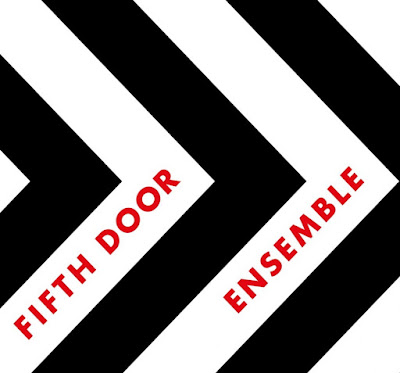


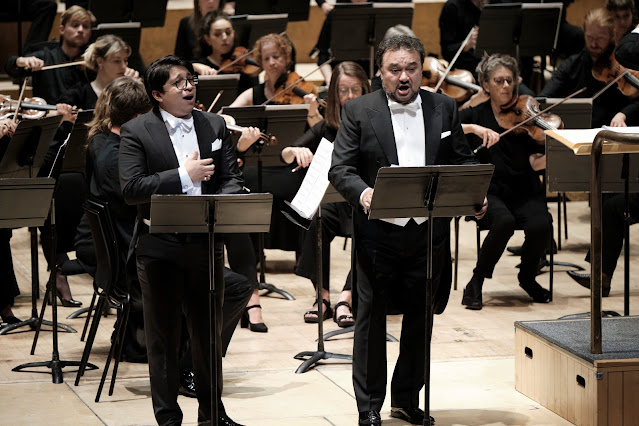

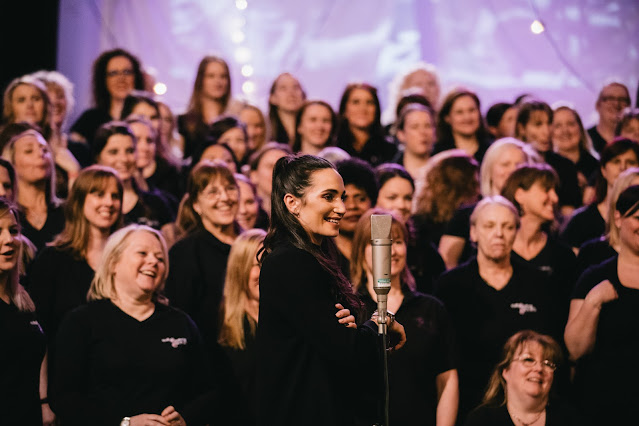

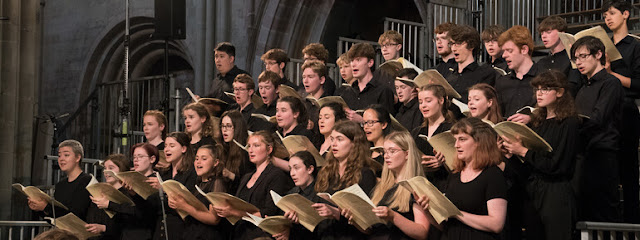



%20Genevieve%20Girling,%20Nevill%20Holt%20Opera.jpg.jpg)
%20Genevieve%20Girling,%20Nevill%20Holt%20Opera.jpg.jpg)
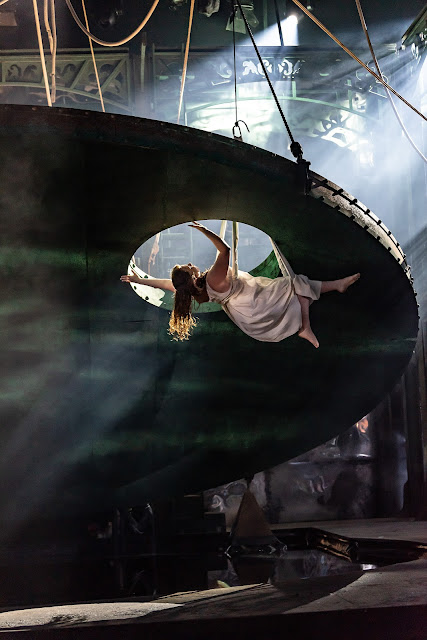
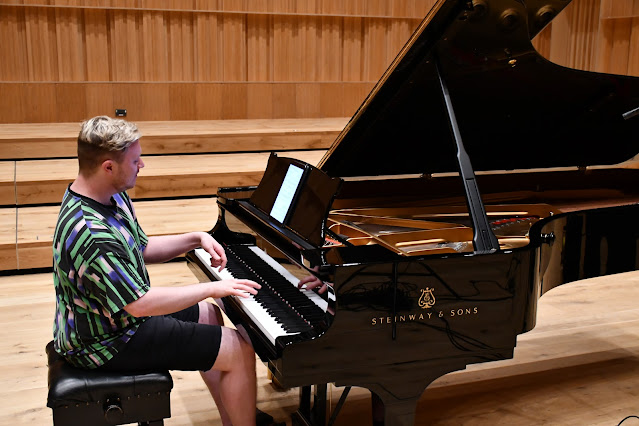
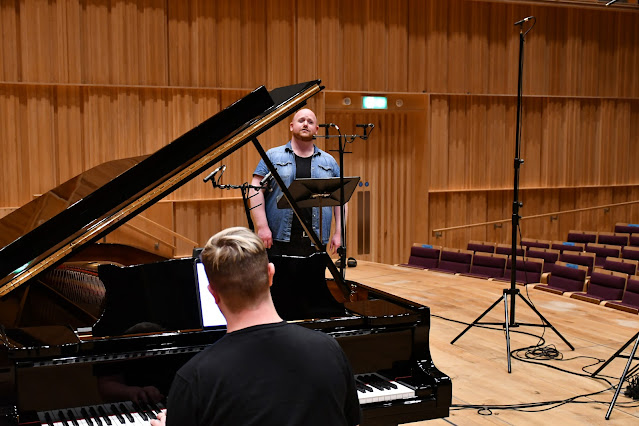


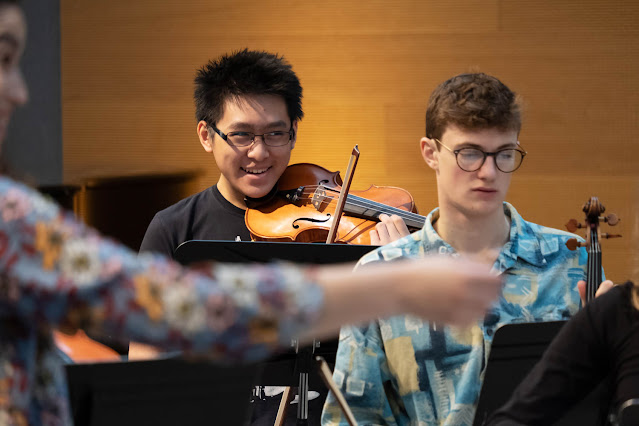


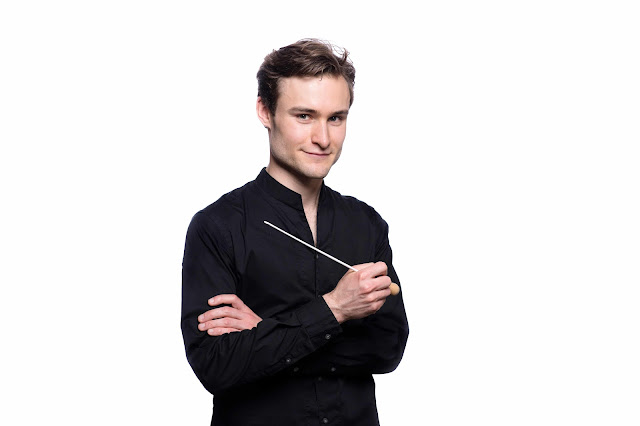

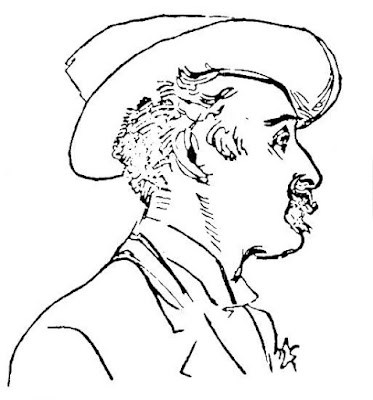
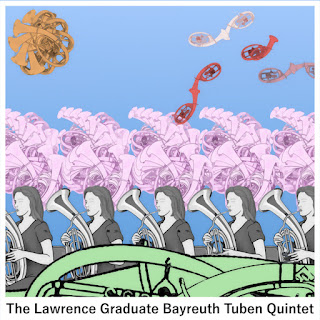

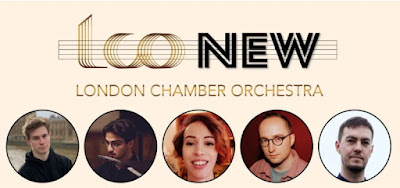
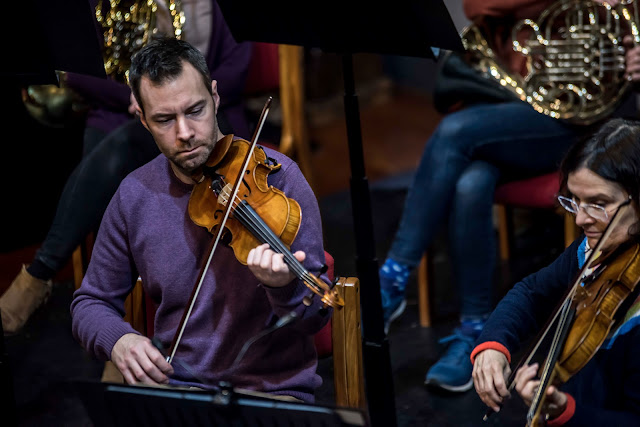

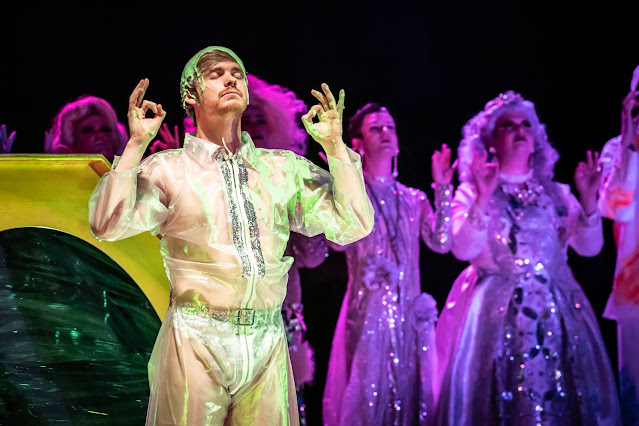
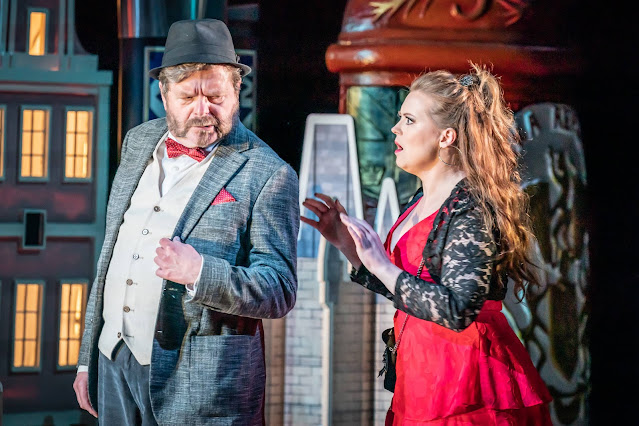

.JPG)

%20Ali%20Wright.jpg)

%20Ali%20Wright.jpg)





